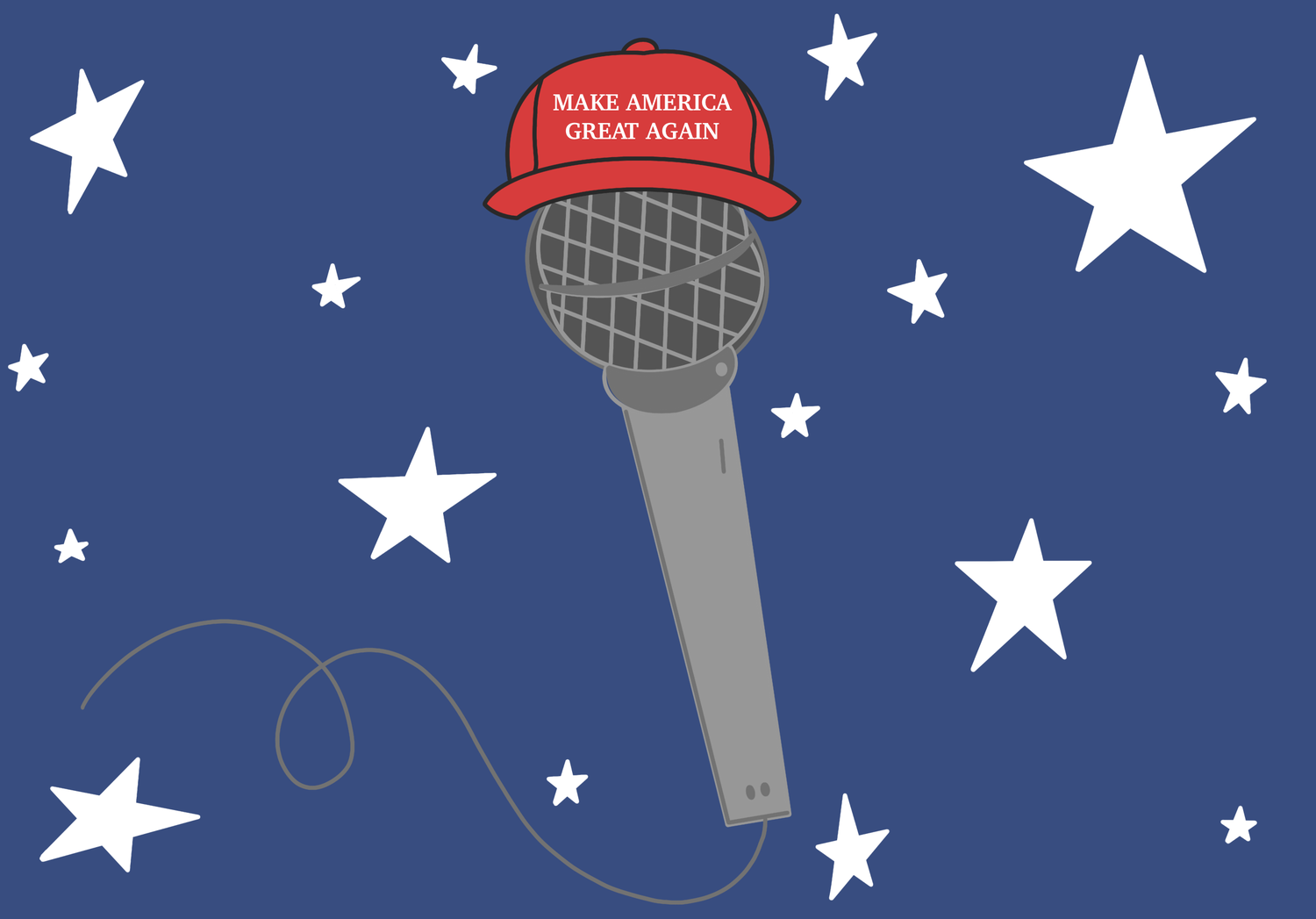
News
Summers Will Not Finish Semester of Teaching as Harvard Investigates Epstein Ties

News
Harvard College Students Report Favoring Divestment from Israel in HUA Survey

News
‘He Should Resign’: Harvard Undergrads Take Hard Line Against Summers Over Epstein Scandal

News
Harvard To Launch New Investigation Into Epstein’s Ties to Summers, Other University Affiliates

News
Harvard Students To Vote on Divestment From Israel in Inaugural HUA Election Survey
Why You Should Read Chris Rufo
Harvard students are desperately in need of MAGA 101.
I’m in my second year at Harvard, and it still surprises me how many people express confusion about how anyone could vote for Trump.
I’ve noticed an instinct amongst students to quickly shut down any discussion that treats MAGA ideas as legitimate. Harvard conservatives appear to concur, and they hesitate to voice their opinions as a result. Because of the view that all MAGA ideas are incoherent or offensive, many students go lengths to avoid any association with those ideas — including the supposition that they might have a sound foundation.
But automatically dismissing ideas is antithetical to free speech and open discourse. By engaging with the intellectual basis of MAGA and the Trump administration — especially long-form content like op-eds, Substacks, and podcasts — students can practice interacting with these ideas apart from the preemptive judgement of their peers.
Students need to practice reading ideas that they’ve been told are too Trump-adjacent, and therefore too offensive, to seriously consider. The fear that merely engaging with an idea legitimizes it prevents students from even consuming opposing opinions.
While the echo-chamber of Harvard’s liberal campus culture certainly plays a part in this phenomenon, it’s been exacerbated by the Trump administration’s attacks on the University. In the world of the University vs. the White House, students tangle the substance of Trump’s criticisms with his methods of adjudication, preventing critical engagement with the claims themselves.
This lack of engagement hurts free speech yet is missing from the debate on how to protect it. Most conversations about free speech focus either on how to make students feel comfortable expressing controversial ideas or on administrative change — from admitting more conservative students to establishing a policy of institutional neutrality.
This discussion ignores what Harvard students — the majority of whom are liberal — are learning and their media diet. There’s a set of ideas — namely the intellectual basis of the Trump administration — that many students have either never been exposed to or believe are illegitimate.
They won’t find these ideas in the classroom — nor should they. While you might be assigned an op-ed by a reputable economist, political punditry is not something you should encounter in most curricula.
Moreover, intellectual vitality initiatives have focused on developing skills for engaging in hard conversations, not on ensuring students are exposed to differing viewpoints by providing sources for those viewpoints. It would, of course, be strange — indeed, wrong — for Harvard’s administration to mandate engagement with these ideas.
They also won’t be getting these ideas from their peers. There simply aren’t enough conservative Harvard students — let alone those who actually voted for Trump — to provide that side of the argument.
So, for those of you who don’t know where to find MAGA opinions, allow me to suggest a few places to start: “Interesting Times,” a podcast by Ross G. Douthat ’02, which, in practice, explains MAGA to liberal New York Times consumers. I’d recommend a recent episode featuring S. May Mailman, the head lawyer for the Trump administration’s case against Harvard. If you’re feeling a little more adventurous, try Christopher F. Rufo’s substack. Be brave: push past the pop up that asks you to subscribe with the caption “leading the fight against the left-wing ideological regime.”
There are some who will still resist engaging with MAGA media because they find the content offensive. In all fairness, MAGA has provided us with plenty of reasons to doubt its legitimacy (one recent MAHA example springs to mind).
But this avoidance is flawed for two reasons. First, you can skip rage-bait culture war articles — there’s a range of controversial content available; read some Oren M. Cass instead. Second, if you find these ideas so backwards that you can’t even engage with them, you must have some vested interest in proving them wrong. And in order to argue against them, you have to know what exactly you’re arguing against.
You might find the ideas you encounter offensive. But at the end of the day, 49.8 percent of 2024’s electorate voted this agenda into place, and we do ourselves a disservice if we refuse to understand why.
Amelia F. Barnum ’28, a Crimson Editorial editor, lives in Winthrop House.
Want to keep up with breaking news? Subscribe to our email newsletter.

